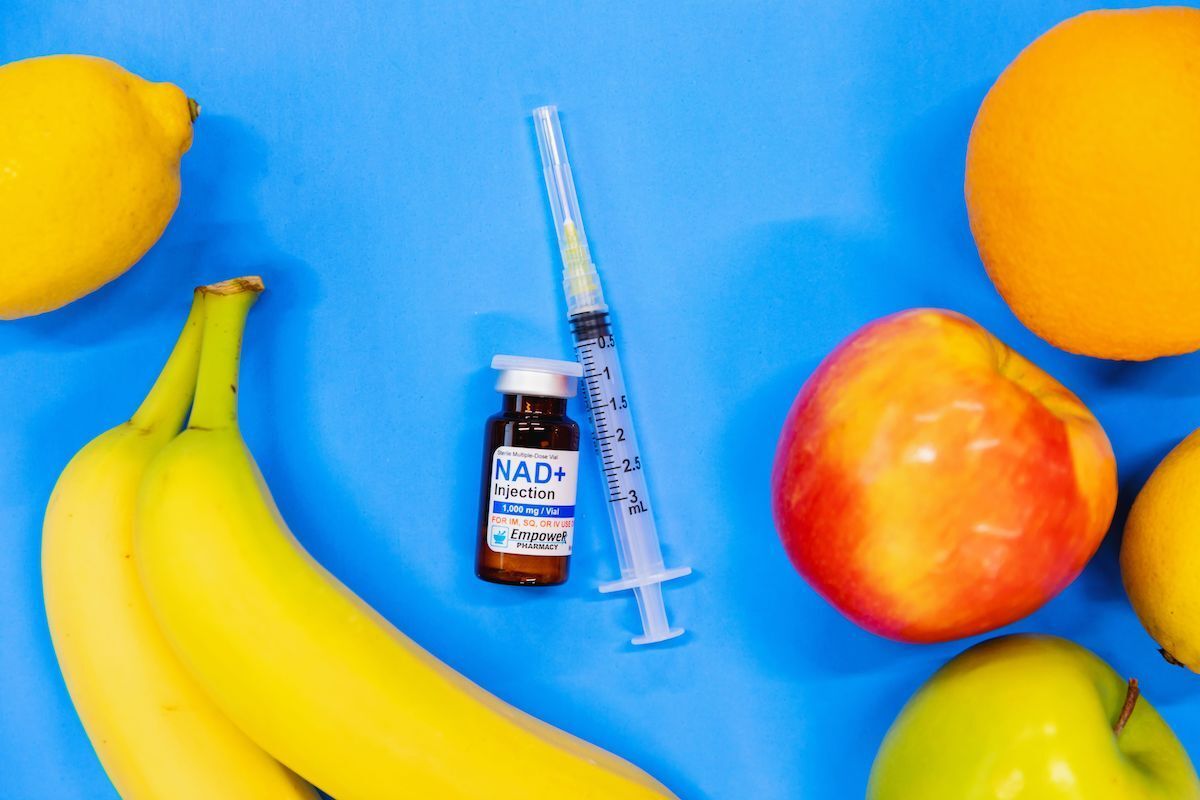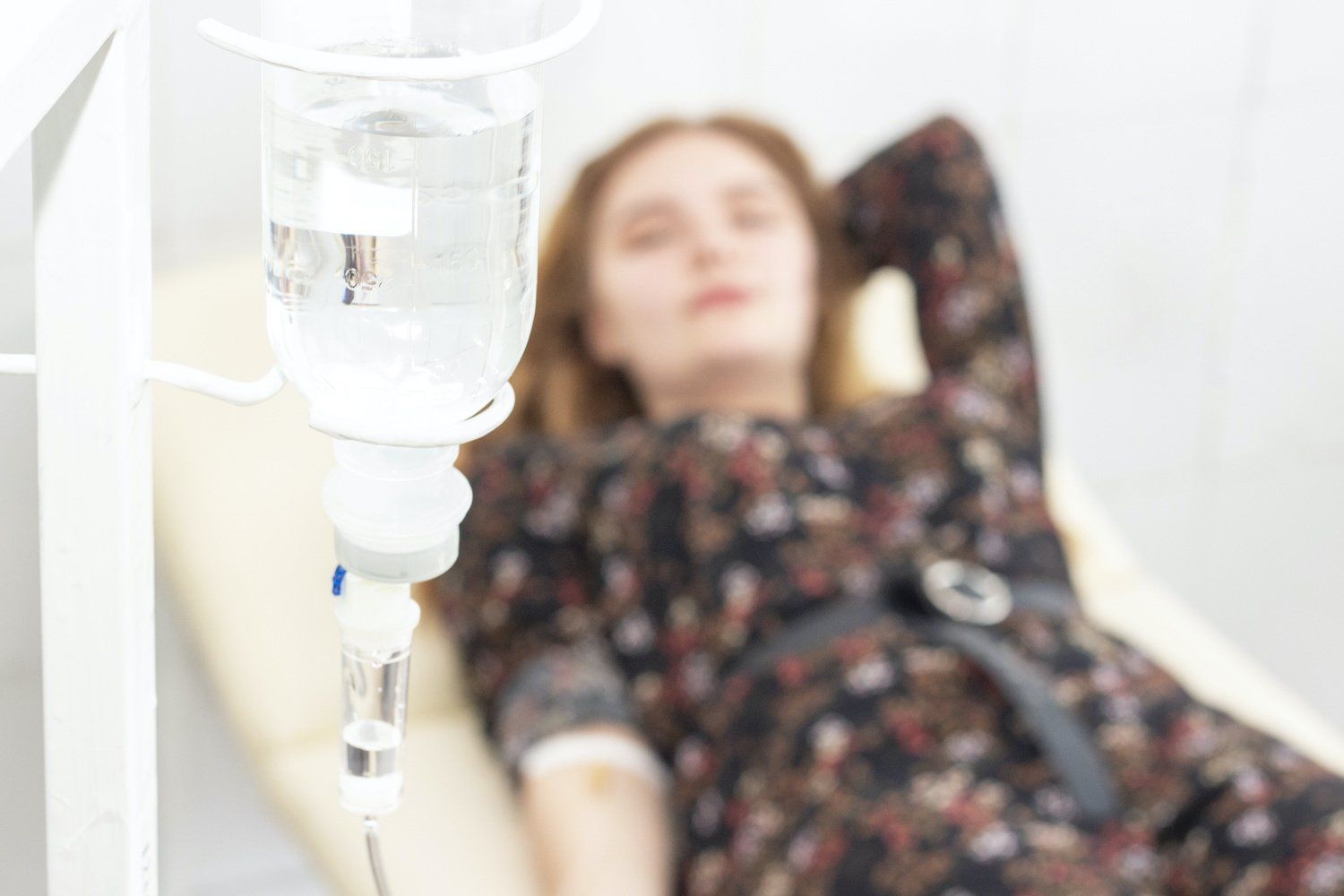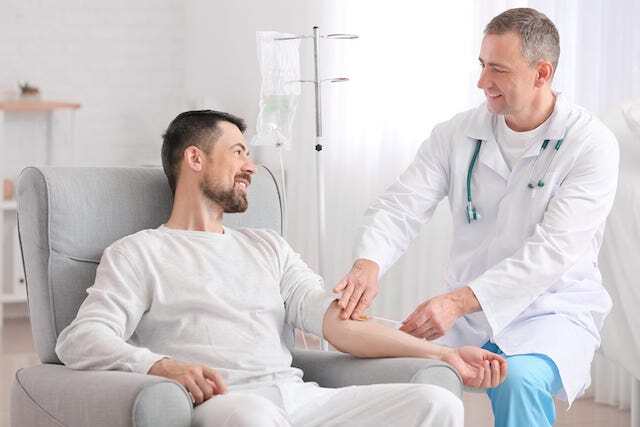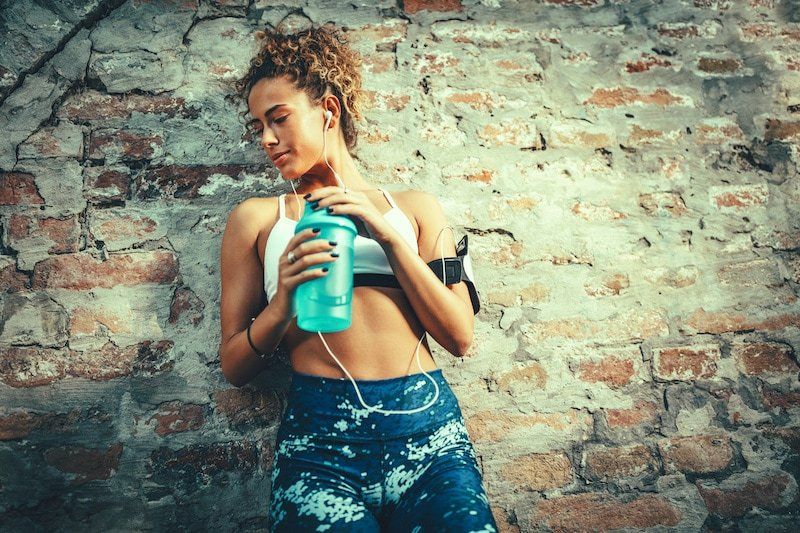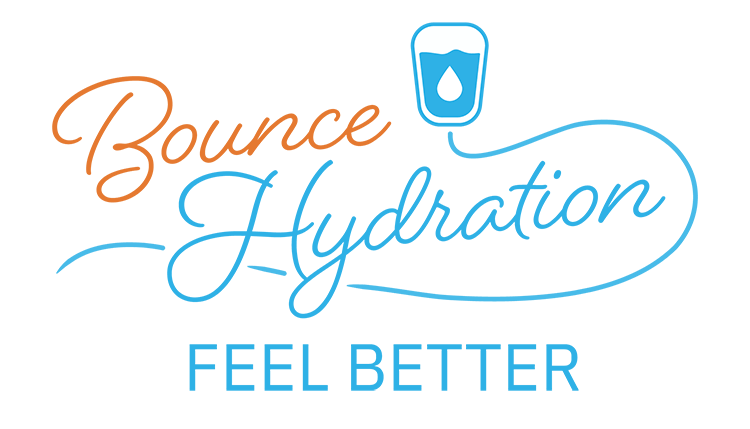How to Help Your Body Recover after Exercise
Training your body through exercise is one of the quickest ways to get healthy, relieve stress, shed unwanted pounds, build muscle, and live a better and longer life. But if you’ve ever worked out even a little, you know recovery in the days following can be tough. Sore muscles can make it hard to do just about anything – especially anything that requires extra energy.
Luckily, you don’t have to suffer in a puddle of post-exercise soreness. There are some simple ways to help your body recover quicker and more easily. Try these tips to speed up the recovery process after your next workout. Your muscles will thank you.
Hydrate, Hydrate, Hydrate
After exercising, get a big glass of water or something else that contains electrolytes, such as milk, coconut water, or a low-sugar sports drink. Your body is mostly water, and you sweat that out when you exercise. It needs to be replaced in order for you to heal properly and for your heart rate and blood pressure to easily return to pre-workout levels.
While traditional hydration methods are effective, IV therapy can replenish your hydration levels more efficiently – and deliver a range of vital nutrients in the process.
Eat a Proper Meal
There are two parts to this. First, within an hour after your workout session, grab a nutritious bite to ea t. You’ll want food with both carbs and protein — it’ll provide the nutrients your body is craving to start the muscle healing process. Try healthier options, like almonds or fruit and yogurt.
The second part of eating properly to help recover from exercise is to do just that: eat properly. When you’re consuming a balanced and healthy diet, your body will be in better shape already. That means you’ll be stronger going into your workouts, so both the exercise and recovery will feel easier and be more productive.
Get Enough Rest
Make sure you get a good night’s sleep after a hard workout, and don’t forget to utilize those rest days. Your body heals when it’s resting, meaning the muscle tissue you’ve put through the wringer will rebuild overnight. Aim for seven to nine hours per night for moderate exercise levels. Elite athletes should sleep more than 10 hours per night, if possible. For rest days, take a day off of the workout grind once every week or week and a half. If you’re constantly putting stress on your body without time to recover, you simply won’t recover.
Treat Yourself to a Massage
Getting a massage isn’t just a nice, relaxing way to spend your time — it’s also beneficial for your muscles. Massage increases circulation and blood flow to your muscles. It has a double whammy effect: reducing soreness and decreasing fatigue. The best part is that it works for pretty much any type of muscle soreness. So, it doesn’t matter if you just ran a marathon or had a hefty lift on the bench; you’re covered either way.
Embrace Compression
Compression garments have become more and more common for athletes and others just getting in a good workout. Research shows that compression could speed up muscle recovery times and help exercise-induced muscle damage heal quicker. Plus, because it’s literally compressing you, it could help relieve swelling — or at least give the impression that it’s doing so, which means less pain and soreness.
Don’t Forget Your Warm-Ups and Cool-Downs
Warming up and cooling down are arguably the two most important steps in your exercise routine. When you warm up, you’re getting the blood flowing to your muscles and pre-stretching them so they can more easily adapt to what’s coming. And when you cool down, it has a similar effect — except you’re returning your heart rate to a normal speed and preemptively stretching out any kinks that might have formed while you were exercising. If you jump right into and out of a workout with no prep or follow-up, you’re going to hurt more.
Hop in the Bath
And sadly, no, not a warm bath. Have you heard of cryotherapy? It’s the idea that immersing yourself in cool or cold water can help soothe muscles — kind of like a full-body ice pack. If you’ve been sore for a few days after a good workout and you’re just not getting better, try taking a cool or cold bath to reduce any remaining inflammation, which is likely the source of your pain.
Don’t Sit Still
Even on rest days, you need to make sure your body is moving at least a little bit to keep the blood flowing — because without blood flow, your muscles and soreness can’t get any better. Try taking the stairs at work instead of the elevator, or going for a leisurely walk over lunch or at the end of the day.
Calm Down
Working out stresses your body and muscles out in its journey to healing. So why add more stress? When things are really wearing you down in your daily life, it makes recovery from exercise even more difficult. Think about how it takes you longer to bounce back from an illness when you’re super stressed about other things. It’s the same with exercise. So, as you’re recovering and nursing any sore muscles, be sure to focus on self-care. Try journaling or meditation to help process your emotions, so your body can work for you.
Ditch Alcohol and Tobacco
You already know that alcohol and tobacco are bad for you. But did you know they also make recovery from workouts more difficult? Alcohol in particular makes it more difficult for your body to replenish glycogen, the glucose molecules responsible for storing energy. Drinking also makes it more difficult for the proteins in your muscles to function properly. As far as smoking, or tobacco use in general, that’s bad for your muscles and bones. It increases your risk of muscle injury, bone fractures, and joint disease. Plus, it kills your lungs — and you need to be able to breathe to get in a good workout and a better recovery.
Share with Your Friends and Family!

